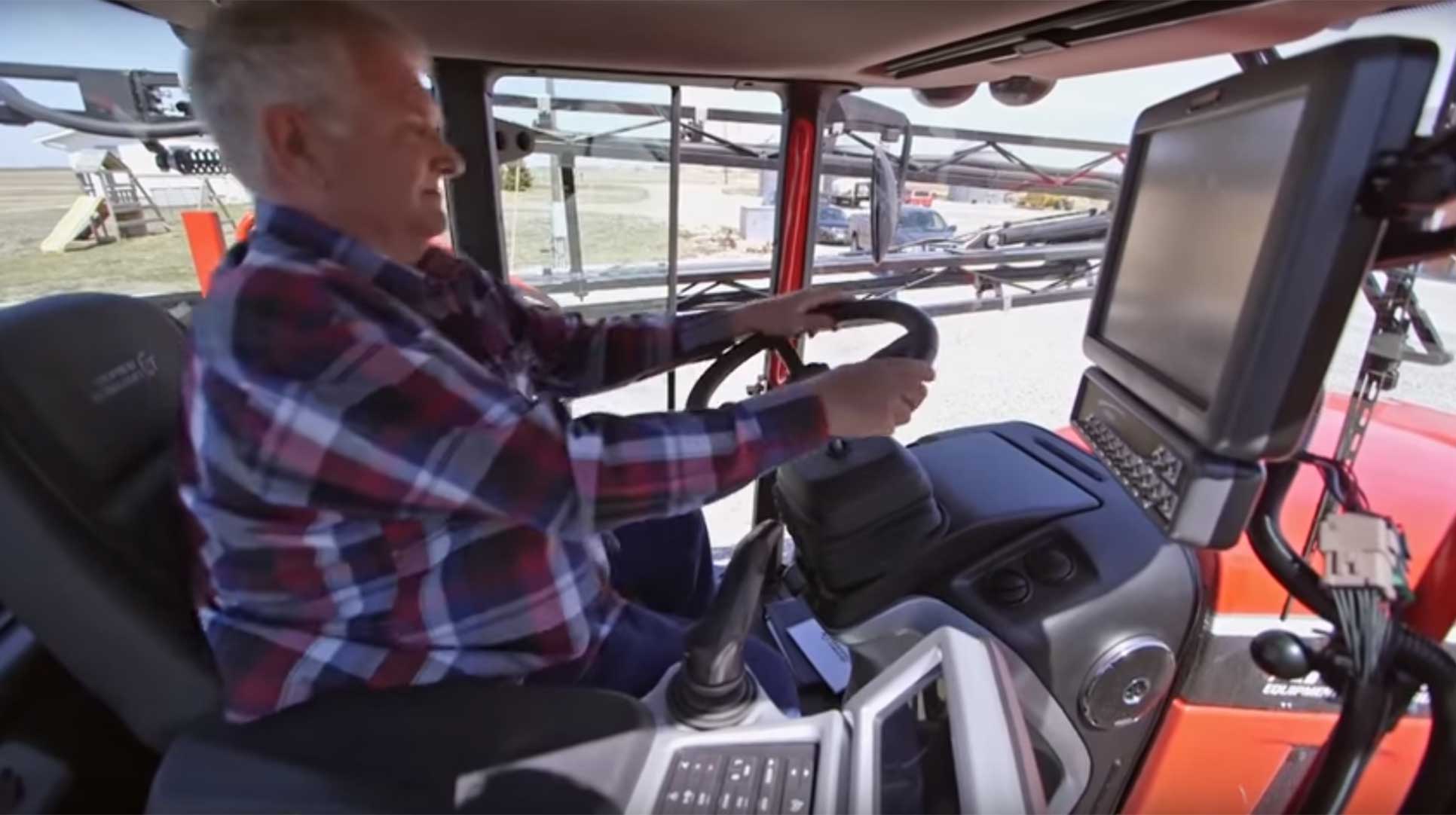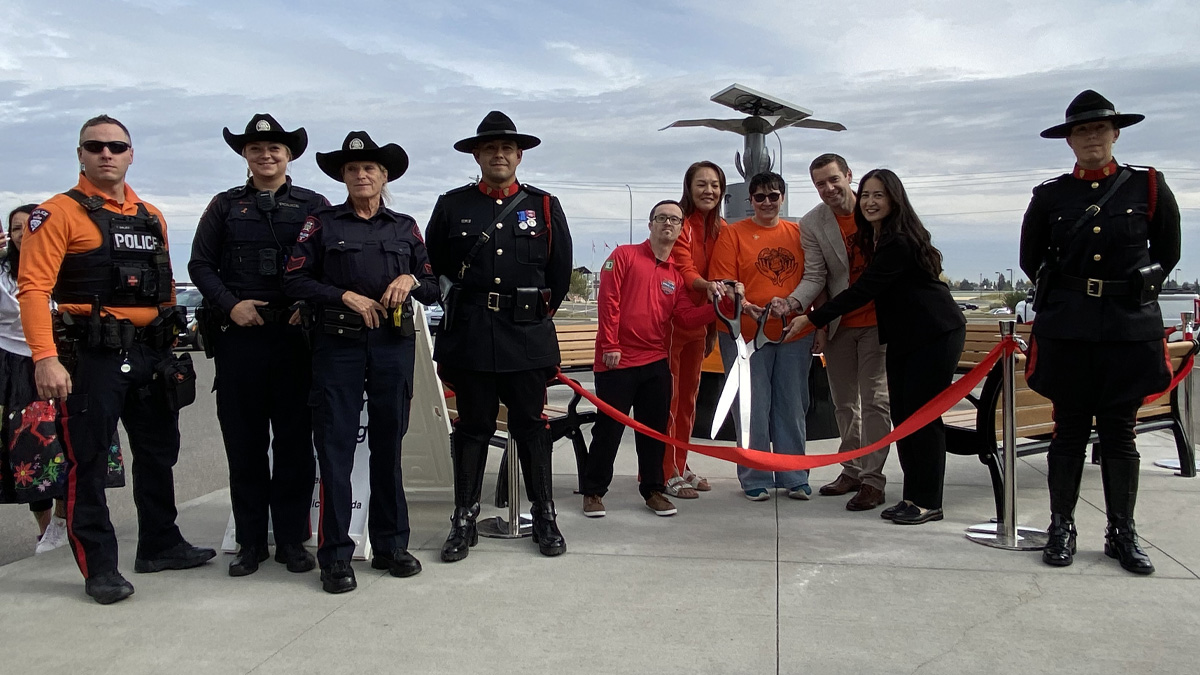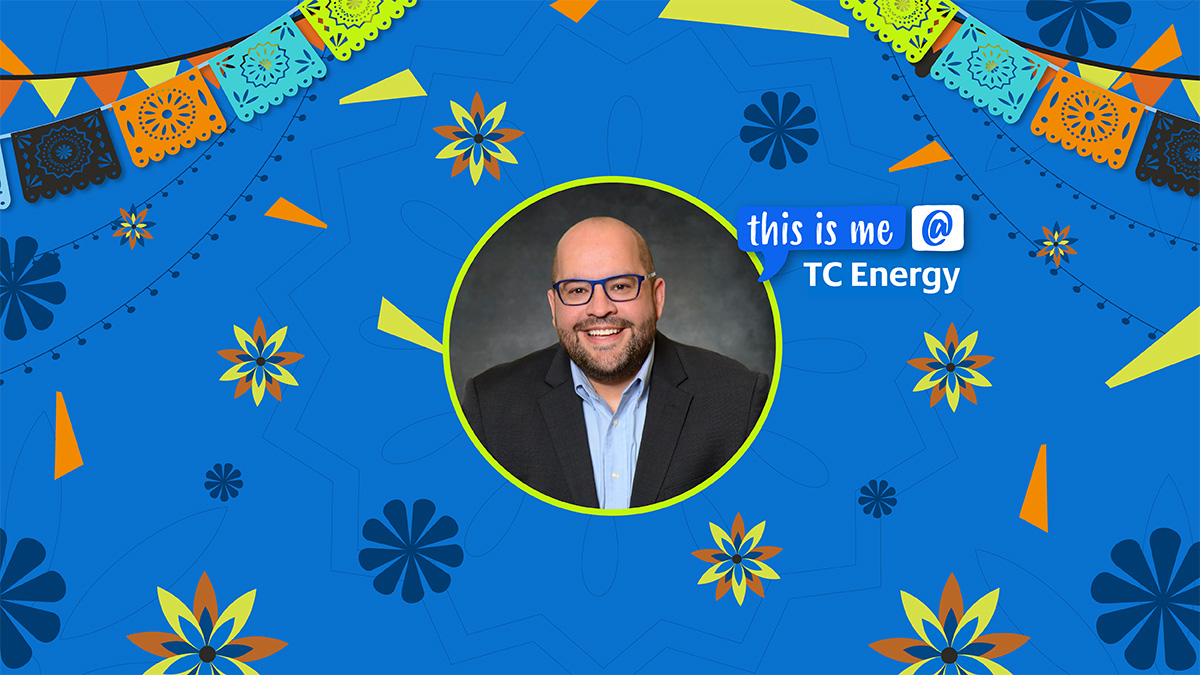Nov 7, 2025
Respect for landowners – across borders
Whether in Canada, the US or Mexico, pipelines run under privately owned land. And we have deep respect for the landowners whose property those lines traverse – all 90,000 of them.
Our commitment to honesty
Our commitment to honesty and fairness is what makes our relationships with landowners work. When new routes are proposed we consult with them to understand the environmental, cultural and personal impacts it might have on them, and their land.
On Energy East, it all comes down to respect
This tradition continues on the Energy East Pipeline. To date, we've engaged more than 7,000 landowners and 750 municipalities across Canada, to get feedback on our proposed route. In fact, we've made close to 700 changes in direct response to specific concerns we heard.
Suffice it to say, landowners play an important role in finalizing pipeline plans, and they always will. But don't just take our word for it. Let's hear from a couple of landowners who have longstanding relationships with our company.
Two countries, one experience
Saskatchewan farmer Bert Parker has been working the same farm his dad passed down to him 30 years ago. Amazingly, our relationship began with his family back in the 1950s, when they agreed to let the Canadian Mainline natural gas pipeline run under their farm.
According to Parker, "All has been good with TransCanada. Every time they need access to my land, they phone out before they come and tell you what they are going to do and when they are going to be there." - Bert Parker, Farmer
Southward across the border in Nebraska, farmer Charles Barber has a similar story to tell. In 2011, a section of the Keystone Pipeline System was buried deep below his crops.
“The ground doesn't look any different than it did beforehand or the ground lying next to it,” he says. "You farm it. You don’t know it's even there. It hasn't changed any of our process on the way we farm.”
If anything were different, he’d know — his family has farmed the same land for three generations now.




